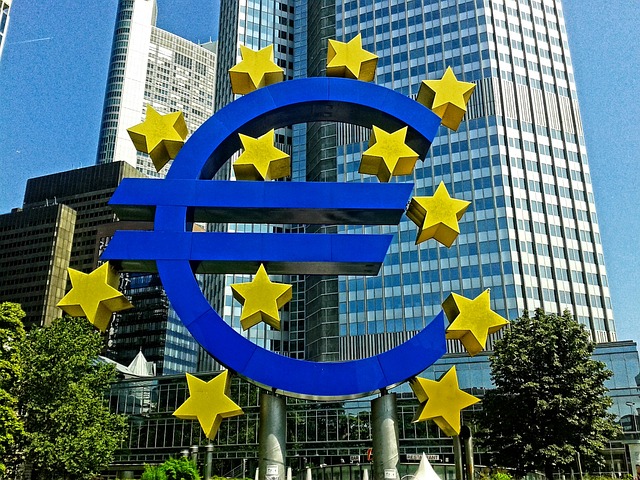Euro area inflation expectations are turning south again: the 5y euro HIPCx swap stands at 0.8%, and the 3y2yf euro HIPCx swap is just 1.0%, both far from the ECB's medium-term target. Even the longterm 5y5yf has dropped to nearly 1.65%, a level not seen since April. Concerns about China's economy and excessive supply of commodities are putting considerable downward pressure on the euro area inflation.
Will the ECB have to adjust its policy stance? It is still a bit premature to call for an extension of the QE programme. Tepid growth, anaemic inflation and the recent drop in inflation expectations make QE extension considerably more likely than early tapering. ECB President Draghi has stressed repeatedly that the ECB needs to fully implement QE until at least September 2016, and in any case until there is a sustained adjustment in the path of inflation consistent with the ECB's aim of achieving inflation rates below, but close to, 2% over the medium term.
"Overall we expect the ECB to sound dovish and slightly worried at its upcoming meeting on 3 September. Currently, we see a low probability of the ECB delivering imminent easing and we believe the ECB will first attempt to improve the inflation outlook by verbal intervention," states Danske Bank in a research note to its clients.
QE is having a significant effect working through term premia, expectations, low interest rates and, given significant differences in the monetary cycles among major advanced economies, exchange rate effects. Recent growth data appear resilient so far, in part aided by the lagged effect of a weaker euro on strong external demand and the relief that historically-low interest rates are having on leveraged households and firms. Euro area "flash" composite headline PMI edged up in August (+0.3 points to 54.1). Along with output, composite new orders and employment indices also edged up by 0.1 points to 53.4 and 51.8, respectively, maintaining momentum above long-term averages.
Recent commodity rout and slowdown in China has increased the possibility of further stimulus from ECB. As of now, ECB is purchasing bonds in tune of €60 billion per month. Current program is flexible enough to accommodate further stimulus. The ECB may be forced to announce an extension of QE before year-end - possibly by extending the asset purchase programme beyond September 2016 - if downward inflation pressures were to continue or financial conditions were to tighten materially.
"We expect President Draghi to send a strong message in the September meeting that could open the door for further policy action later in the year, conditional on the evolution of external factors and the inflation outlook", says Barcalys in a research report.
The euro was weighed down by comments from a senior ECB official who left the door open for more easing. Peter Praet said on Wednesday the risk of the ECB missing its inflation target has increased due to commodity price falls and weakness in some overseas economies. EUR/USD is extending losses for a third consecutive day, trading at 1.1284 levels.
ECB policy stance amid renewed deflation risks

Thursday, August 27, 2015 11:26 AM UTC
Editor's Picks
- Market Data
Most Popular
7



 Why Trump’s new pick for Fed chair hit gold and silver markets – for good reasons
Why Trump’s new pick for Fed chair hit gold and silver markets – for good reasons  RBA Raises Interest Rates by 25 Basis Points as Inflation Pressures Persist
RBA Raises Interest Rates by 25 Basis Points as Inflation Pressures Persist  Bank of Canada Holds Interest Rate at 2.25% Amid Trade and Global Uncertainty
Bank of Canada Holds Interest Rate at 2.25% Amid Trade and Global Uncertainty  Federal Reserve Faces Subpoena Delay Amid Investigation Into Chair Jerome Powell
Federal Reserve Faces Subpoena Delay Amid Investigation Into Chair Jerome Powell  Bank of England Expected to Hold Interest Rates at 3.75% as Inflation Remains Elevated
Bank of England Expected to Hold Interest Rates at 3.75% as Inflation Remains Elevated 






























